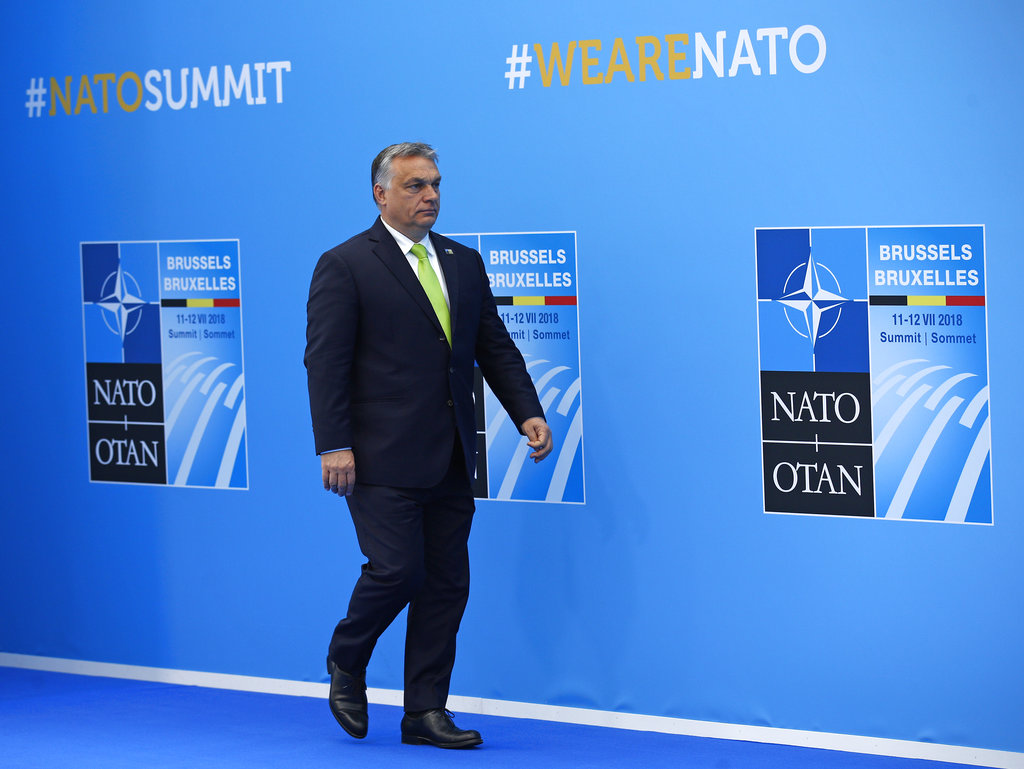Hungarian Prime Minister Viktor Orbán is facing a crucial decision as Turkey unblocks Sweden’s NATO membership bid.
In return for Ankara’s approval, Turkish President Recep Tayyip Erdoğan expects Sweden to curb the emigration of Kurdish separatists, and the U.S. to reinstate the country onto the procurement program for F-16 fighter jets.
This is not mere “transactional politics” but rather a reflection of Turkey’s national priorities, which include combating anti-Turkish separatism and strengthening its defense capabilities.
A country must have a strategy and a national agenda to activate when partners expect support for their own interests. This approach is how the sum of interests creates genuine cooperation.
However, Hungary is still yet to ratify Sweden’s NATO accession.
I have often explained Hungary’s right to its own policy during the Ukrainian war. Viktor Orbán has secured his country’s economic interests in the east by protecting it from the discriminatory policies of the European Union. Despite the war, he has not abandoned this policy to avoid becoming dependent on Brussels.
The issue now is not about the extent of participation in Western politics but about our direct relations. It’s no longer just about military aid to Ukraine but about security over the Baltic Sea. It is not France or the Netherlands that want Sweden in NATO, but Poland and the Baltic states.
The outgoing Polish government of Mateusz Morawiecki is concluding its mission. There is still time for Polish Foreign Minister Zbigniew Rau to directly inform his Hungarian counterpart, Péter Szijjártó, that Hungary’s recent steps significantly diverge from Polish-Hungarian solidarity.
Poland’s opposition leader Donald Tusk has been attacking the cooperation between the Polish Law and Justice (PiS) party and Orbán’s Fidesz for two years.
Now, matters more important than image are at stake, such as the Polish raison d’état. Friendship is not an obligation, but when declared, it should meet at least the minimal requirements.





